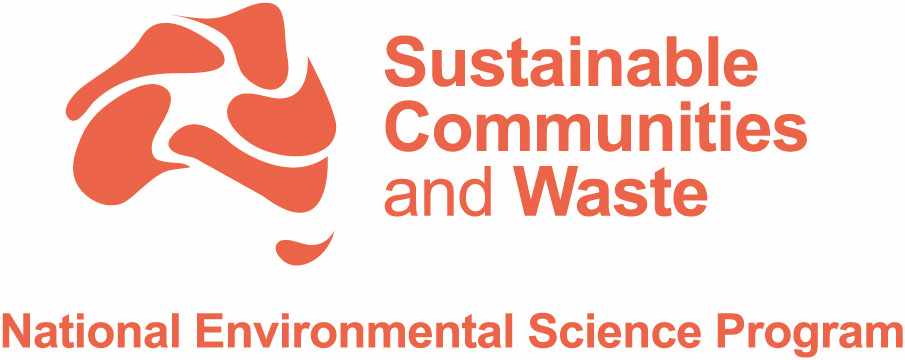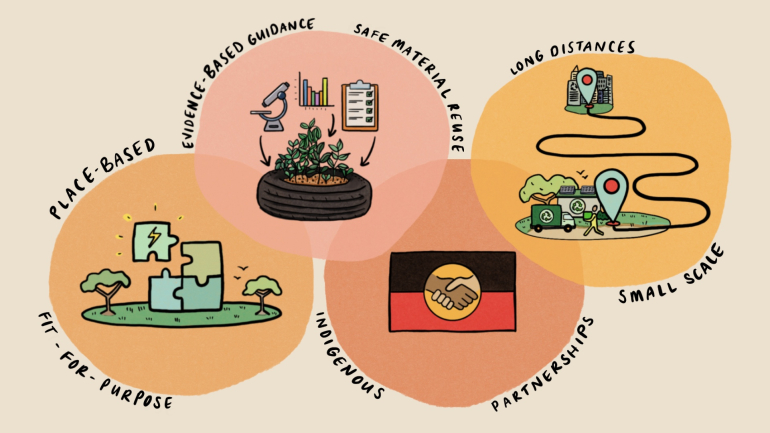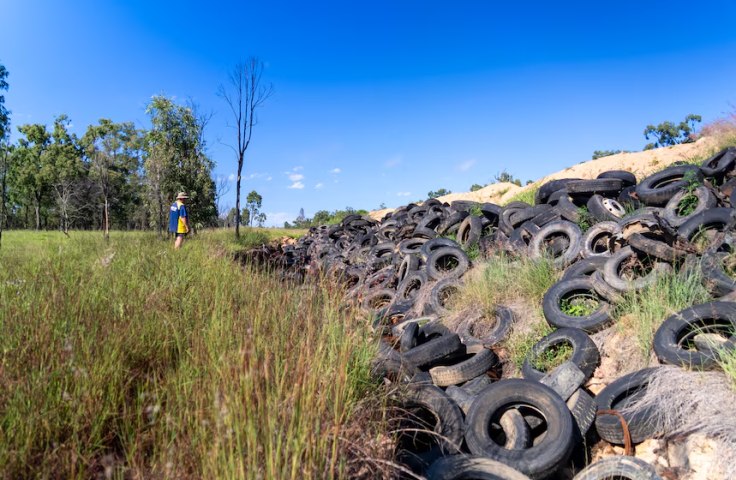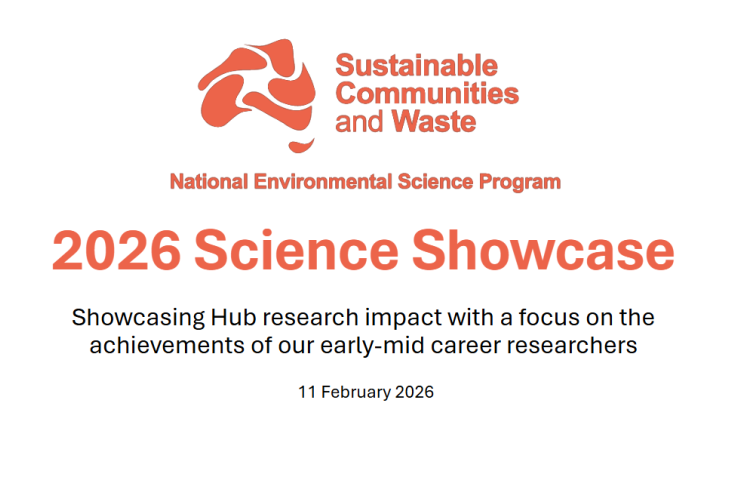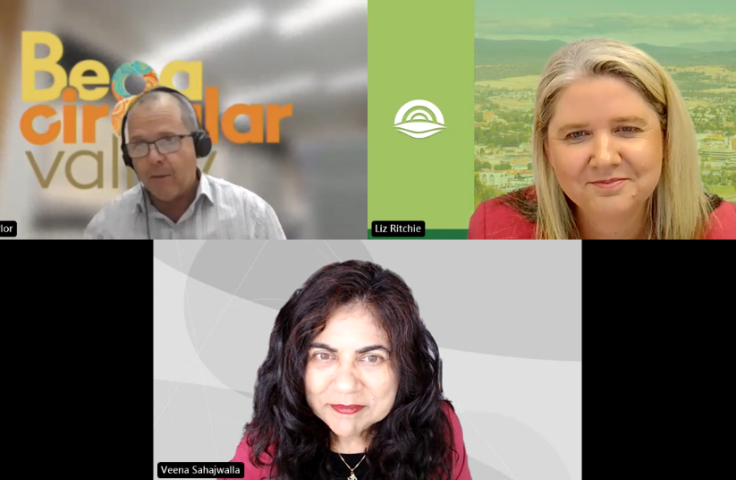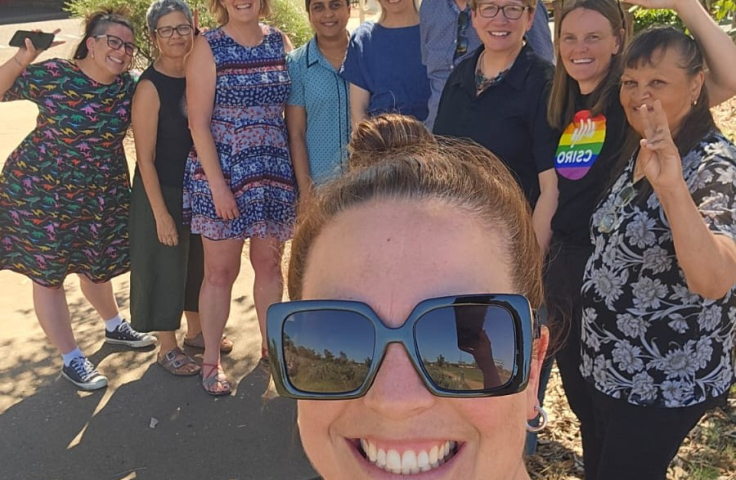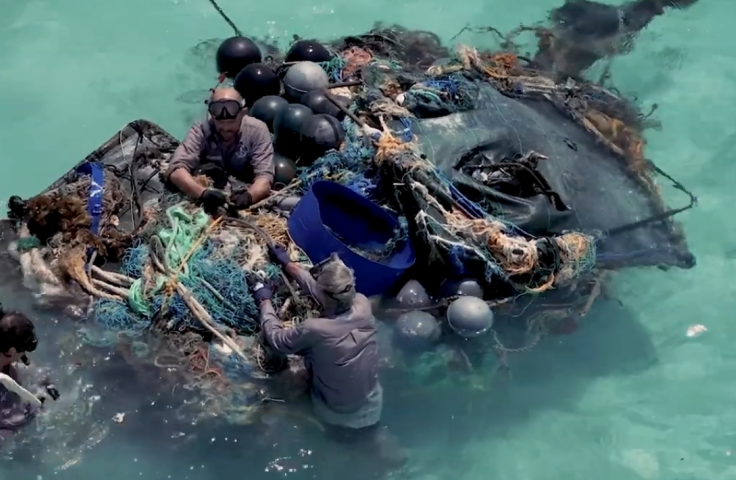The Regional & Remote Approaches theme explores how place-based, fit-for-purpose opportunities can respond to local environmental, waste management and circular economy needs across Australia. Regional sustainable development is critical for the transition to a more circular and nature positive future. Circular economy innovation in these areas is a great lens through which to explore this shift. Focusing on regional and remote approaches aims to ensure an equitable circular transition and improving environmental health by overcoming challenges faced by communities in those areas.
The Challenge
Regional Australia faces unique problems and opportunities when it comes to sustainable communities and waste. Long distances, smaller scales and fewer resources means that regional and remote communities often cannot approach environmental challenges in the same way urban areas can. Regional areas tend to have more generalist practitioners in environment, circular economy and waste management roles as opposed to specialists. Resources to influence change in these approaches must have outputs that can be understood and implemented by this audience.
Why Regional & Remote Approaches?
Regional and remote communities need place-based and fit-for-purpose interventions for the transition to sustainable communities, healthy environments and circular economies. The thematic area focuses on building economies of purpose rather than economies of scale by supporting the transition to a circular economy. Meanwhile, some regional and remote areas are tackling environmental problems in novel ways despite these challenges, but due to limited connectivity across regions, this information often remains siloed. Connecting up those learnings can help inspire other local and national approaches to environmental, circular economy and waste management transitions.
How is the Hub driving impact?
- Waste management: local councils in regional and remote areas often cite waste as a difficult environmental issue to overcome with limited resources available. Co-creating regional place-based approaches will help to develop sustainable communities.
- Case studies: the Hub is undertaking regional and remote case studies that can have local impacts and can inform other place-based approaches and national trends.
- Indigenous partnerships: many regional and remote populations include Indigenous Australians who can contribute to and benefit from transitions in circular economies, environmental health and air quality. The research in this theme works to bridge the knowledge gaps that communities in these locations face.
- Circular economy: the transition to a circular economy has enormous benefits for the triple bottom line: people, profits and the planet but can done badly, can exclude regional communities from those benefits. The Hub is working to ensure an equitable transition in which regional Australia is supported.
- Safe reuse: resource reuse must be evidence-based to ensure safe circularity. The Hub is helping to translate these frameworks to regional and remote contexts to improve implementation rates.
Remote & Regional Approach - Research Projects:
P1.02.01 Nature Connections
Understanding how fostering a connection with nature can benefit people and places in Australia.
IP1.02.02 Water sensitive and liveable communities
Supporting effective and appropriate water planning and management approaches and capabilities for regional and remote communities and reinvigorating first nations voices, knowledge and science in water systems.
IP2.02.02 Finding fit for purpose technological recycling solutions for regional and remote communities
across Australia
Supporting local councils and industries in developing practical circular economy opportunities for managing waste more effectively.
IP4.02.01 Let’s Yarn about Smoke
Understanding and addressing the impacts of landscape fire smoke on Indigenous communities.
IP4.02.03 Wood heaters: developing and testing novel solutions to a persistent problem
Developing and testing interventions to reduce wood heater emissions.
IP5.02.02 (Completed) Exploring opportunities for increasing value recovery from used tyres and conveyor belts in WA
Understanding what’s needed to scale circular economy solutions, with a focus on tyre recovery.
IP5.02.03 Governing community-based waste management and resource recovery and circular economy
initiatives
Exploring how to better support circular economy initiatives in regional and remote Australia through place-based approaches.
IP5.02.04 Identifying opportunities from waste management and resource recovery and the circular economy for Indigenous communities and businesses
Supporting Indigenous businesses and communities to engage in the circular economy.
